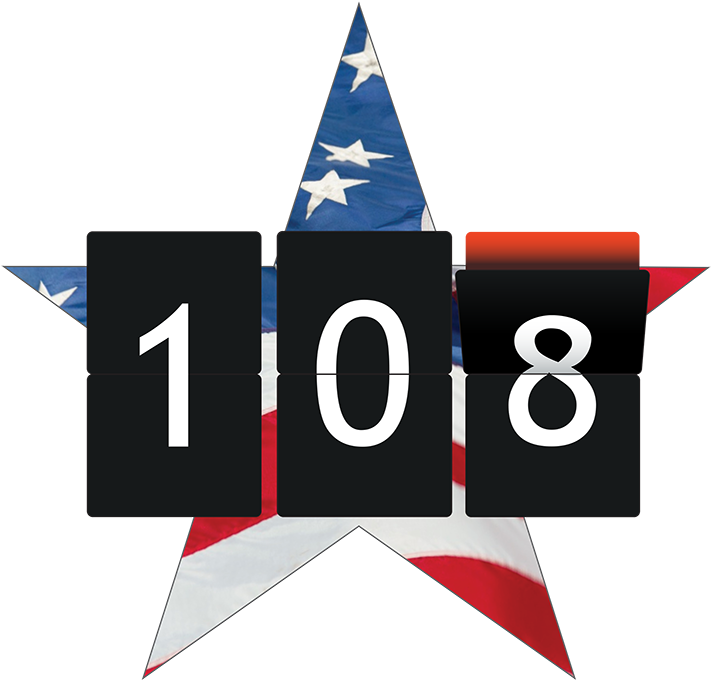Password Security
A strong password is crucial to the security of both you and your company. So what makes a strong password?
Let’s take a look at this password and find out what its strengths and weakness are:
Pineapple$Dancing@Midnight
What makes this password strong?
Length: 26 characters — longer passwords are significantly harder to crack.
Mixed case: Upper and lowercase letters (
P,D,Mvs. other lowercase).Special characters:
$and@add complexity.Uncommon combination: The phrase isn’t a typical dictionary phrase or reused password pattern.
What could make it weak?
If you’ve used this password somewhere public or if it’s tied to a common phrase you’ve posted, it could be at slight risk through social engineering.
Can it be an issue that it has English words?
It can be a slight weakness that the components are English words, but only if:
The password is short
The words form a common phrase (like LetMeIn123!)
This is not a big issue because
Length and character variety matter more than whether words are English.
Pineapple$Dancing@Midnightis not a common phrase.Special characters (
$,@) break up predictable patterns.It would take trillions of years to brute-force this with today's tech.
To be even safer (paranoia mode):
If you’re using the password for something sensitive, you can make it even stronger by adding a number or making one word less predictable (e.g., P1neapple$Dancing@Midn1ght).
If you want to reduce even the possibility of a smart dictionary attack, change one or two letters in unexpected ways:
Pine4pple$Danc1ng@Midnite
Getting a completely randomized password and a password manager to remember it for you is even more secure because:
Random = no patterns
Attackers can't guess it using dictionaries, common phrases, or social engineering.Long + complex = brute-force resistant
A 20+ character random password likeu8@kT7&vLzQ1m#eF2pNwis extremely hard to crack.Password managers eliminate human error
You don’t have to remember or reuse anything.
Should you do this for everything?
YES for:
Banking
Email
Cloud storage
OK to use a memorable strong passphrase for:
Low-risk logins (e.g., hobby forums)
Accounts you use frequently and need to type manually
Best practice:
Use a password manager
We provide PasswordBoss, a secure, business-grade password manager powered by CyberFox. It helps you create and store strong, unique passwords for every account — so your team doesn’t have to remember or reuse anything. We manage setup, security policies, and onboarding for you.Generate unique, random passwords for each site.
Only memorize your password manager’s master password


